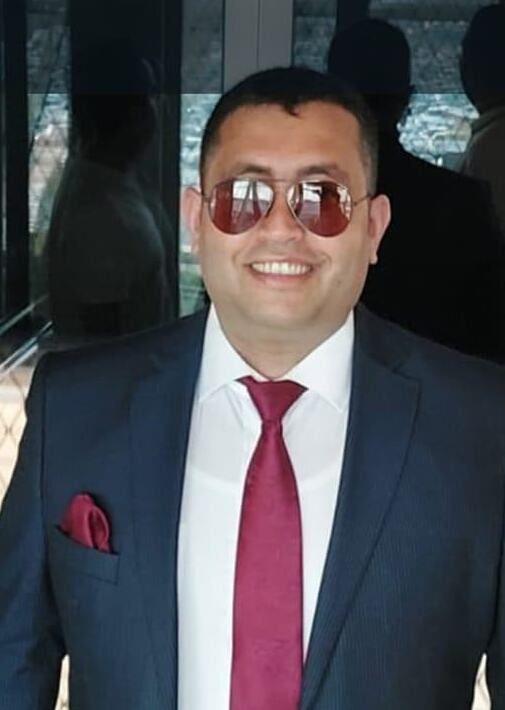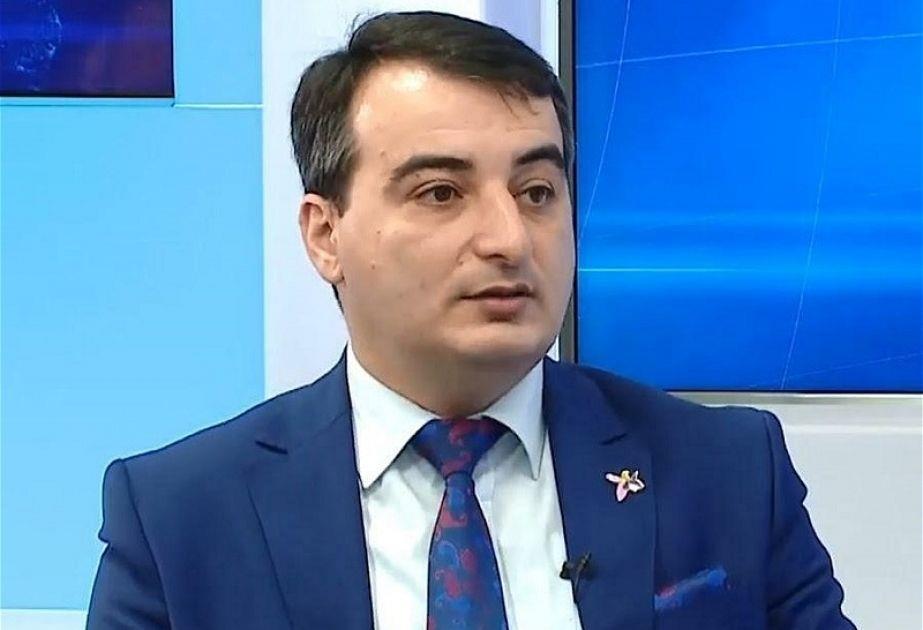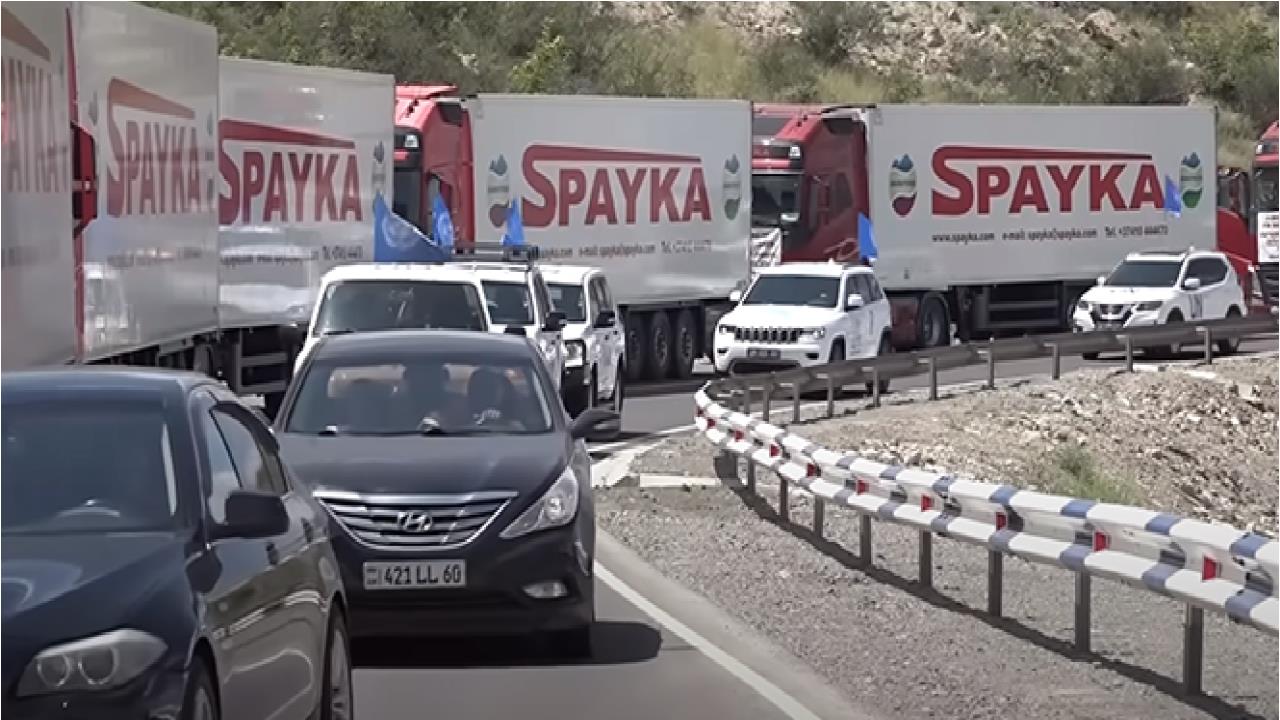(MENAFN- AzerNews)

Qabil Ashirov read more The 44-day war proved that Armenia's 30-year domestic and
foreign policy was a failure. Moreover, the country's state policy
was shortsighted and based on self-praise. Prior to the war,
Armenians relied on two things – the so-called undefeatable
Armenian military and the Armenian diaspora. They did believe that
even if the Armenian army had been defeated, due to the influence
of the Armenian diaspora the would run to help them. However, in
2020, non of these happened. Armenia enjoyed the humiliating defeat
and no one cared about it.
After their biggest frustration, Armenia started a new policy –
playing the victim card and getting all western forces involved in
the process and put pressure on Azerbaijan through it. They started
to make a fuss about the so-called "humanitarian crisis in
Khankendi" and sent 19 trucks "filled with aid" to the Lachin
border checkpoint. To exaggerate the situation, they organized a
trip of foreign diplomats to Yerevan to accompany the trucks. Since
that day, the Armenian media has been circulating this trip as the
support of the Armenian policy by the diplomats in Yerevan.

In a comment to Azernews political analyst, Sector head at the
Social Research Center Ilyas Huseynov noted that it is a
provocation and the main goal of this incitement is not to aid the
Armenian minority in Garabagh.
"It should be noted that Armenia continues its provocative
actions against Azerbaijan, and its main goal is to defame
Azerbaijan, achieve the cancellation of important contracts signed
by Azerbaijan in the energy field, and thereby strengthen its
position in the South Caucasus. However, the sending of 19 trucks
to the Lachin BCP is not only a show but also a part of political
provocation to involve the diplomats accredited in Armenia and the
EU civilian mission in the Armenian cunning actions," he said.
He pointed out that it is certainly regrettable that these
diplomats have become elements of provocation in Armenia. However,
these diplomats and the people accompanying this process certainly
cannot be an obstacle to regional integration, peace, and security
transformation.
"Maybe the diplomats accepted the offer to look good to the
Armenian authorities, but the result is obvious. Azerbaijan offers
a route of movement in its territory in accordance with its
legislation, constitution, and jurisprudence. This route is in the
direction of Aghdam Khankendi. Any foreign routes, Lachin-Khankendi
road, attempts to transport goods to Azerbaijan from other
countries' territory and attempts to forcibly accept it into
Azerbaijan will not be fulfilled," he noted.
He also touched on a tweet posted by the French Ambassador to
Armenia Olivier Decottignies over the Lachin BCP and noted that it
would be better if the ambassador expressed his thought about the
violation of human rights in France. Ilyas Huseynov reminded the
atrocity committed by France in Africa as well.
"Here, another noteworthy point is that Olivier Decottignies,
the French ambassador to Armenia, is calling for the opening of the
Lachin BCP from his social page. It would be better if the French
ambassador paid attention to gross violations of human rights,
police violence, and inhumane behavior against protestors in
demonstrations. And it would be better if the ambassador posted a
tweet about the massacres committed by France over many years and
the continuation of this policy in parallel with modern global
contexts," he said.
Huseynov also drew attention to the hypocritic policy of France.
He noted that France turns a blind eye to the Armenian crimes.
"Nakhchivan has been under blockade for more than 30 years, and
as a result of the occupation, Armenia has committed culturicide,
urbicide, and ecocide. It has implemented the policy of erasing
Azerbaijan's heritage and making it its own. For some reason, the
French government and ambassadors were silent. We observed the
process of covering up and complicity in the crime. Therefore,
France continues to operate its double standards and thereby tries
to secure its interests in the South Caucasus with the help of
Armenia," he added.





















Comments
No comment